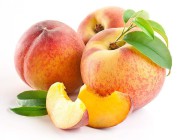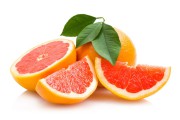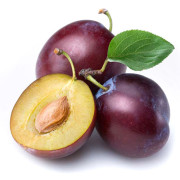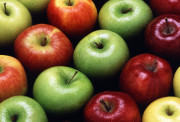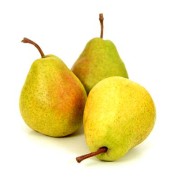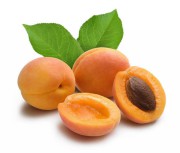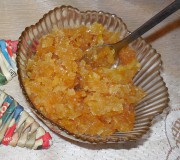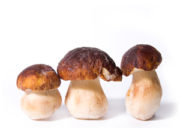Benefits of peaches and harm to health. History, description, calorie content and other beneficial properties of peach.
The history of people's acquaintance with wild peach began 4 thousand years ago in distant China. By growing and caring for these wonderful trees, the Chinese cultivated the peach, and in this form it became widespread in India, Iran and many Asian countries. Thanks to Alexander the Great, peach culture reached southern European countries, and later reached central Europe. But peach trees grow best in countries with a tropical climate, which are the largest exporters in the world - China, India, Italy, Greece.
Peach trees belong to the rose family, as do cherries, plums, and apricots. The fruits of this tree are round, with velvety skin, attractive, aromatic, refreshing, very juicy and tasty. The sages believed that peaches were able to give youth and prolong a person’s life. And for good reason! Scientists have proven that behind the beautiful appearance of the fruit lies enormous benefits.
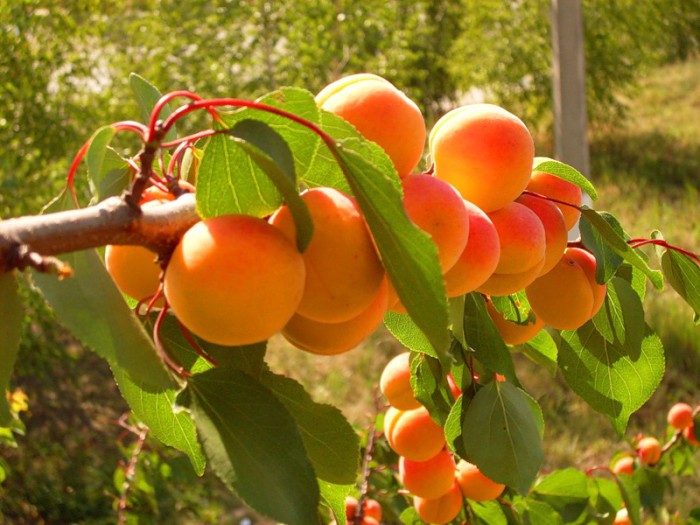
Photo: peaches on a branch.
Peaches contain general strengthening vitamin C. Therefore, they are recommended for people prone to ARVI, colds, and people with low immunity. After suffering illnesses, peaches and peach juice will quickly replenish the lack of vitamin C and give strength for recovery.

B vitamins contained in fruits will improve metabolism and nervous system function.

The provitamin carotene will give your skin beauty, silkiness and tenderness.
Nicotinic acid (vitamin PP) will help people with gastrointestinal problems. Eating peaches can increase stomach acidity, and drinking a little juice on an empty stomach can relieve constipation.
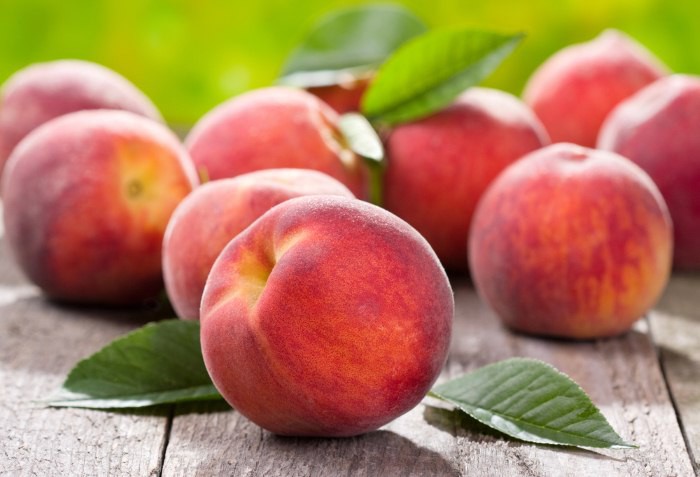
For women, the greatest value in peach is vitamin E, which is responsible for the beauty of hair and nails and is a powerful antioxidant. To improve your health during pregnancy, you only need a couple of peaches a day.

The vitamin K contained in peaches is called the vitamin of youth; it improves kidney and liver function.
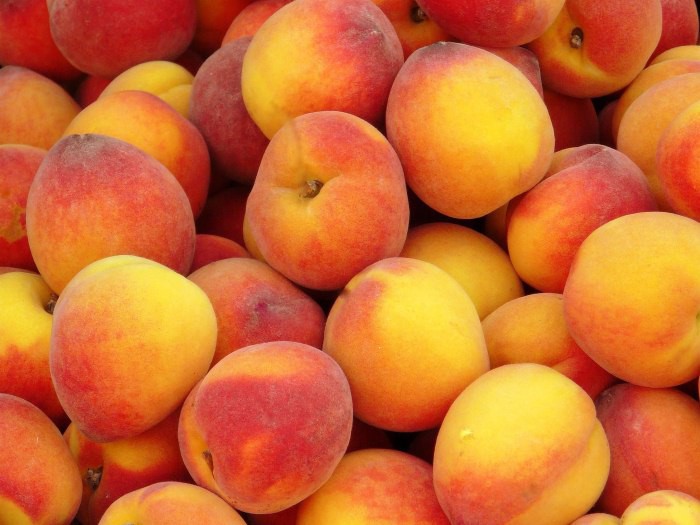
Thanks to the phosphorus and potassium contained in the fruits, brain function improves, efficiency increases, and health returns to normal. Potassium and iron salts ensure good heart function, improve the condition of blood vessels, and help increase hemoglobin.
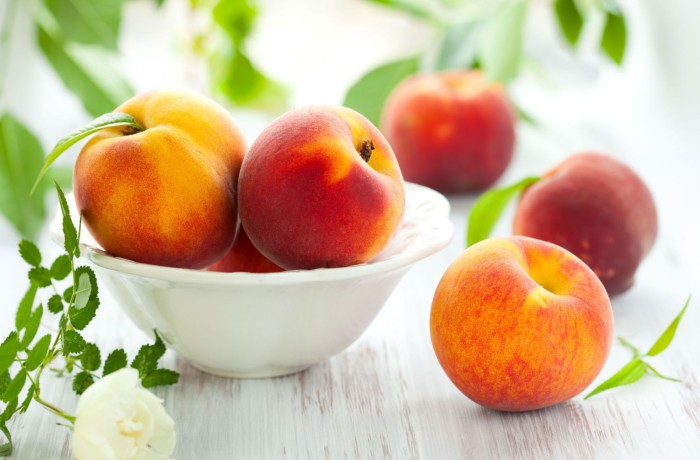
Peaches are a diuretic, therefore, they are indicated for people with urolithiasis problems.
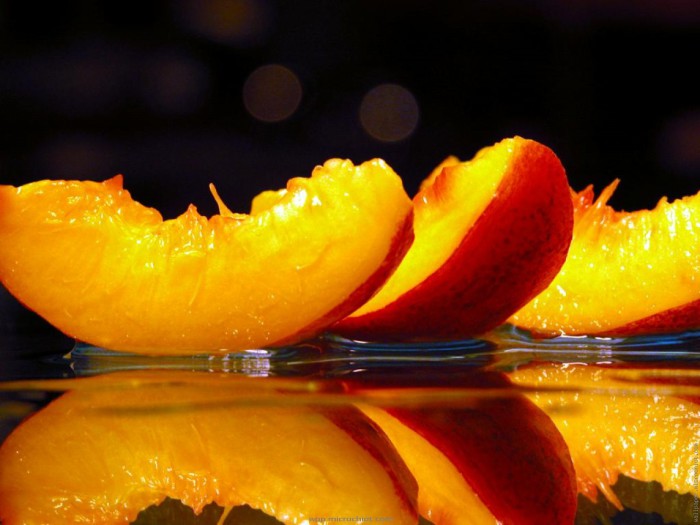
Tasty and beautiful fruits improve your mood and help get rid of depression. Helps in the treatment of gout and rheumatism.

Peaches are rich in essential oils, and the pit contains unique almond oil, which is used in cosmetology, medicine and the food industry.
In addition to the fact that peach fruits are tasty and healthy to eat fresh, they are often used in cooking. There are many traditional and original recipes for making compotes, sweet jams, dried fruits, pies, creams, ice cream and even peach wine.
Peaches are a very low-calorie fruit, only 46 kcal per 100 grams of product. Peach occupies a special place in dietary nutrition due to its high water content (about 80%) and fiber.
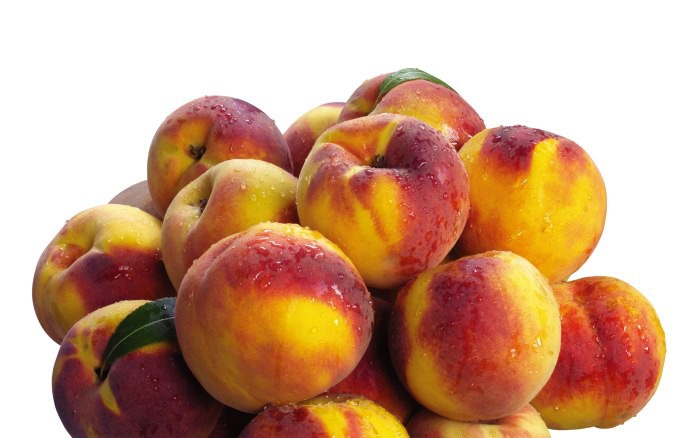
But while using peaches to your advantage, you should not forget about the other side of the coin.These fruits can be harmful. They should not be consumed by allergy sufferers, people suffering from diabetes, people with high stomach acidity, and people prone to obesity (due to the high sugar content).

